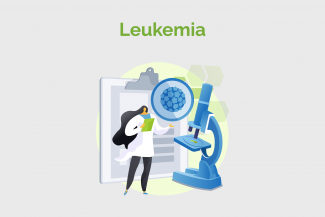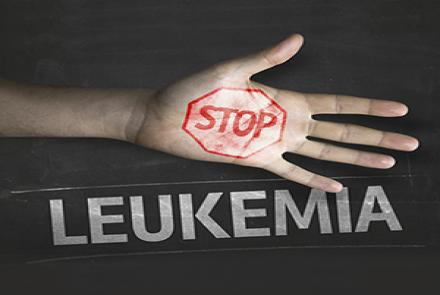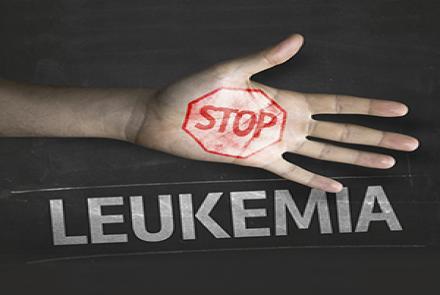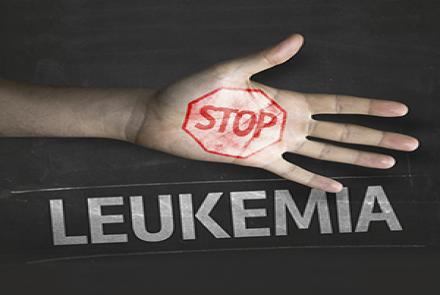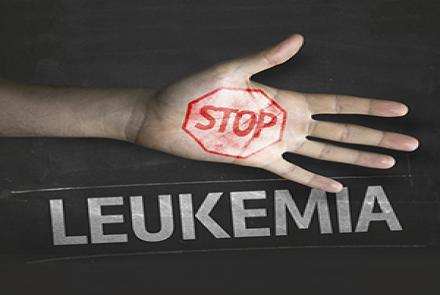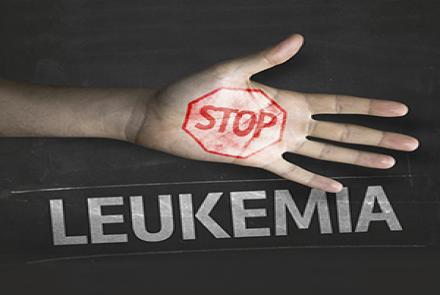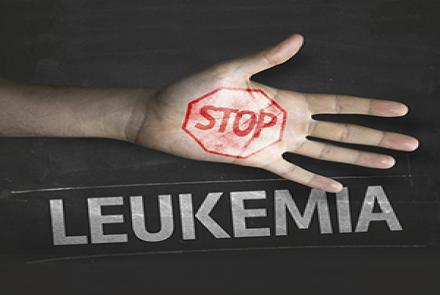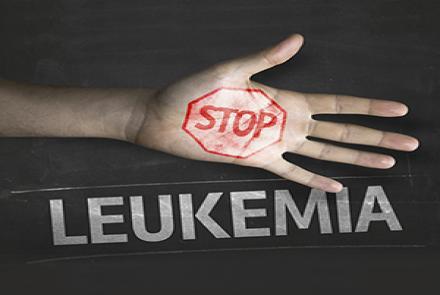Leukemia is the most common cancer in children and teens, accounting for almost 1 out of 3 cancers. Overall, however, childhood leukemia is a rare disease. About 3 out of 4 leukemias among children and teens are acute lymphocytic leukemia (ALL). Most of the remaining cases are acute myelogenous leukemia (AML). The 5-year survival rate for children with AML has also increased over time, and is now in the range of 60% to 70%.
The word leukemia is derived from the Greek leukos which means "white" and aima which means "blood”. Thus leukemia is used to describe the abnormal increase in the WBCs or leukocytes.
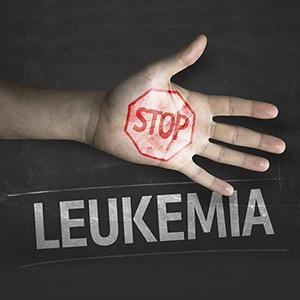
What are the causes of leukemia?
The exact cause of leukemia is unknown. Different kinds of leukemia are believed to have different causes. Environmental and heriditary factors seem to play a role. Some are inherited and some are non-inherited factors.
Risk factors of Leukemia
- Exposure to radiation. Atomic bomb survivors in Japan had a signifiant risk, even to fetuses exposed during intitial months.Risks associated with CT scans and X-rays is not yet known.
- Previous treatments like Chemotherapy and Radiation Therapy for a cancer.
- Smoking
- Age- the exception to this is ALL which occurs mostly in children.
- Chemicals such as benzene and formaldehyde, when inhaled at work or in the environment.
- Certain genetic conditions like Down's syndrome, Li-Fraumeni syndrome, Ataxia telangiectasia, Klinefelter syndrome, Fanconi anemia, Wiskott-Aldrich syndrome, Bloom syndrome, Familial Platelet Disorder syndrome and Germline mutations which are present at birth, the most common of which are changes to the GATA2, ETV6, CEBPA, and RUNX1 genes.
- Family history. Individuals with a history of leukemia among family members are at higher risk, especially siblings.
- Other bone marrow diseases including myeloproliferative disorders such as Polycythemia vera, Myelofibrosis, Essential thrombocytosis, Myelodysplastic syndromes and Aplastic anemia.
There is however, little clarity on the causation and the corelation of risk factors
Reference: https://www.cancer.net/cancer-types/leukemia-acute-myeloid-aml/risk-factors
Community
Condition

